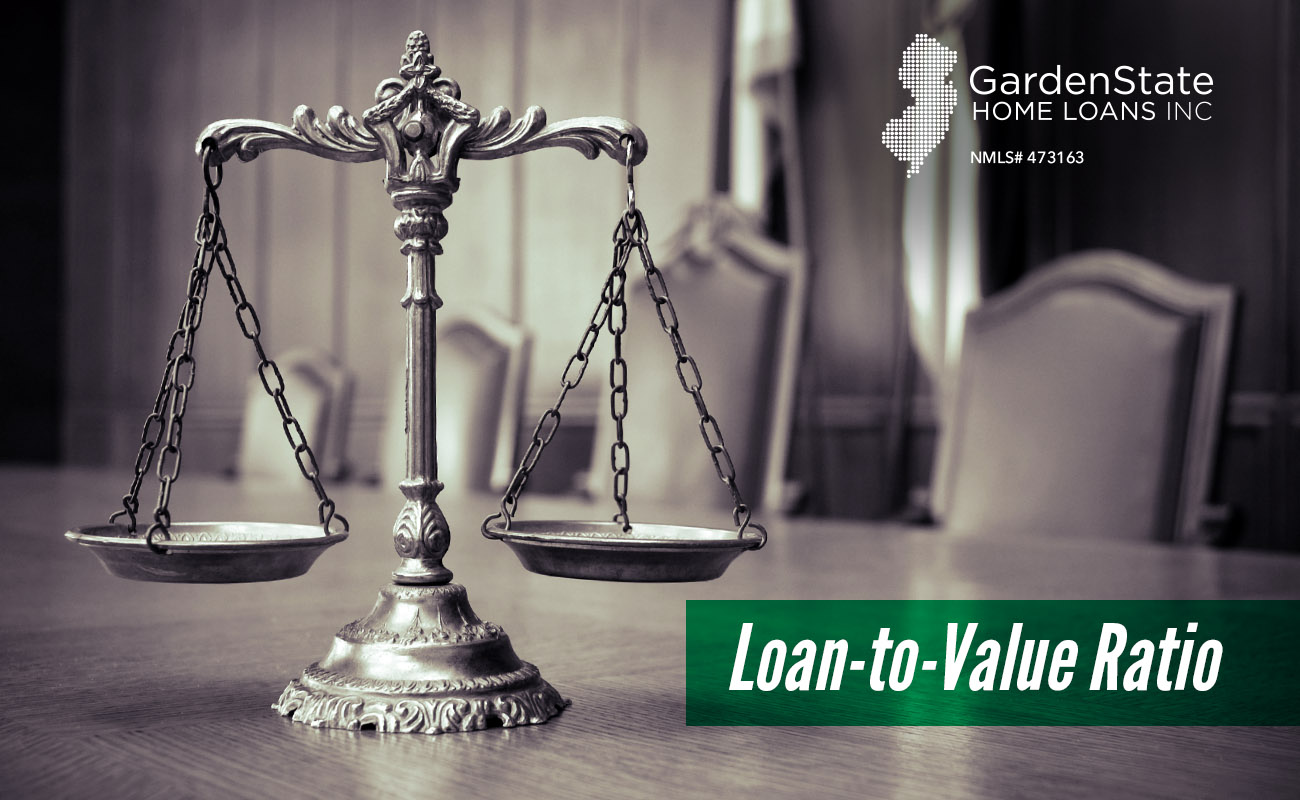Table of Content
If you have a lower credit score, that can also drive up the rate. You can use a personal loan for any purpose, and the interest rate and monthly payment amount are typically fixed. If you have a high DTI, but you need large amounts of capital ASAP, you have several options. There are a few loan options that are designed to help people who get turned away from banks due to a high DTI or bad credit score. You can try a debt consolidation loan, peer-to-peer loans, a bad credit loan, a secured personal loan, or even a cosigned loan.

But falling home prices in your area could cancel out the value of any improvements you might make. When you apply for this kind of loan, your lender will place a second lien on your home, giving them rights to your home along with the first mortgage lien if you fail to make payments. This makes home equity loans very low risk for lenders as long as they lend you less than the money you have invested in your home. This imposes an upper limit on the amount you can borrow through a home equity loan.
Can I Deduct Home Equity Loan Interest?
Your LTV ratio can affect whether you pay private mortgage insurance or if you might qualify to refinance. With a higher LTV ratio, banks may consider your loan higher risk, which can increase your borrowing costs. A professional appraisal is key to accurately figuring out your LTV ratio. That’s why your lender often will require an on-site appraisal as part of the process for obtaining a loan. To figure out your LTV ratio, divide your current loan balance by your home’s appraised value. These are personal loans given out by approved lenders to be used for home repairs and renovation.
A home equity loan provides a line of credit from which you can borrow over time up until a specific limit. The loan is to be repaid over a period, and failure to do so leads to foreclosure of the home used as collateral. You can calculate home equity by subtracting the amount owed due to the mortgage from the current estimated value of the house. You may also make use of our Home Equity Line of Credit Calculator to determine further how much you can borrow based on your current home equity. Merrill offers a broad range of brokerage, investment advisory and other services.
Calculating your loan-to-value ratio
Not all lenders offer home equity loans or HELOCs for investment properties because they tend to be riskier. The more lenders you interview, the better your chances of finding the most favorable rates and terms. Some lenders may offer lower interest rates that appear less expensive, but include higher fees that could cancel out any potential savings.

Home equity loans may charge fees you will need to pay upfront, further reducing the effective maximum amount of your loan. If your LTV ratio is over 80%, you may have to pay a higher interest rate and/or purchase PMI. This can cost anywhere between 0.5% and 1% of the total loan amount per year.
Am I Eligible for a Home Equity Loan?
She covers mortgage rates, refinance rates, lender reviews, and homebuying articles for Personal Finance Insider. LTV ratio requirements are more lenient when you refinance into a government-backed mortgage, including an FHA, VA, or USDA loan. Your ratio can be as high as 97.75% for an FHA mortgage, and you could refinance with no equity in your home with a VA or USDA mortgage. If you have a Federal Housing Administration loan, you won't have PMI. Instead, you'll pay an upfront FHA mortgage insurance premium at closing equal to 1.75% of the loan, and in most cases, an annual MIP for the entire loan term.
To calculate loan-to-value, you simply divide your loan balance by the appraised value of your house. Your current mortgage loan balance is $150,000, giving you an LTV of 75%. Since your lender will see your low LTV ratio as a sign of your creditworthiness, they’ll likely offer you lower interest rates. Even a difference of a quarter to a half of a percent in your interest rate can mean thousands of dollars saved over a 15- or 30-year mortgage. Or, a better rate may mean you can afford a more expensive home than if you were paying more interest each month. One of the best ways to help reduce your loan-to-value ratio is to pay down your home loan’s principal on a regular basis.
Use your HELOC or home equity loan to add value to your property that you can enjoy for years to come. If you’re considering using your home equity but have questions about whether it’s a good fit for you, you’ve come to the right place. While there are plenty of resources that explain what a home equity line of credit is and what you can use it for, you’re not alone if you still have questions.

Eligibility for a home equity loan also depends on credit score and income level. Each week, Zack's e-newsletter will address topics such as retirement, savings, loans, mortgages, tax and investment strategies, and more. Some homeowners looking to buy another property may be facing high LTV ratios on the new property. If you have accumulate equity in your current home, consider looking into a home equity agreement.
Maybe your neighborhood has been improving, or nearby property values are going up. Lenders typically reward a low LTV ratio with a lower interest rate. Let's say an appraiser looks at your home and tells you the current value is $300,000. You've already paid down part of your mortgage, but you still owe $250,000. As you pay off your mortgage, you'll own a larger portion of your home.

If your CLTV is too high, you can either pay down your current loan amount or wait to see if your home’s value increases. If you’re taking out a home equity line of credit, the amount of available equity you have in your home plays an important role. Your home equity is the difference between the appraised value of your home and your current mortgage balance.


No comments:
Post a Comment